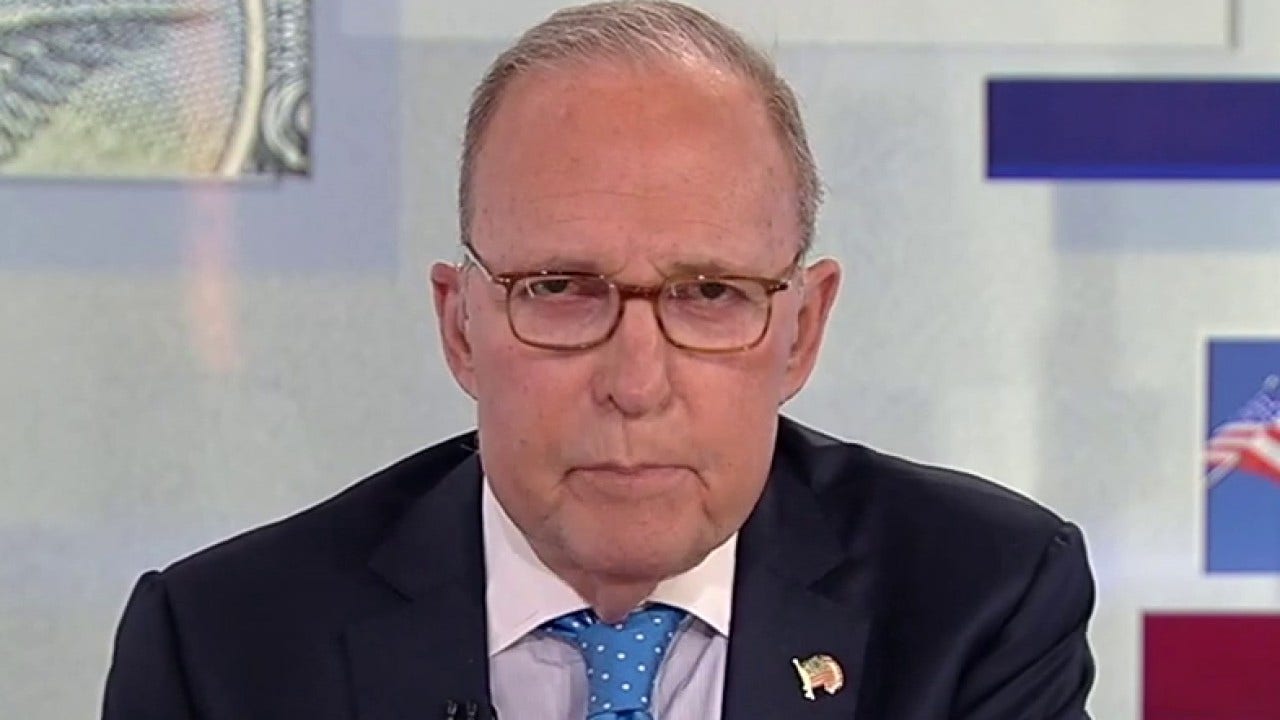Investigative reports by Shana Dovi on Medium have unveiled serious allegations against CoinsPaid, an Austrian crypto payment processor that operates under Dream Finance OÜ in Estonia. The report details a complex network of financial misconduct, fraud, and regulatory evasion allegedly orchestrated by the company’s management and shadow stakeholders. Notably, the Austrian beneficial owner is reportedly a frontman for Belarusian interests.
CoinsPaid operates through legal entities in Estonia, Lithuania, and El Salvador. Its primary operating entity, Dream Finance OÜ, holds a crypto license in Estonia and is controlled by Austrian entrepreneur Alexander Horst Riedinger, with Maksim Krupyshev serving as CEO. Additionally, another associated brand, CryptoProcessing, is also managed by the Estonian entity.
The allegations against CoinsPaid are serious and multifaceted. First, there are claims of financial misconduct and bankruptcy, including a public acknowledgment of a $37 million loss due to a hack, which contradicts earlier reports of smaller figures. Despite ongoing operations, there are suggestions of bankruptcy as internal financial assessments reveal significant negative equity. Furthermore, the company is accused of laundering hundreds of millions of euros annually, allegedly involving a network of Belarusian expatriates and focusing on offshore and illegal gambling platforms. This has raised concerns about non-compliance with local labor and tax regulations.
In terms of management practices, Maksim Krupyshev, a Ukrainian crypto influencer and CEO of CoinsPaid, is accused of acting as a front for Belarusian operators. There are allegations of manipulation of corporate structures to facilitate financial crimes without direct corporate implications. The company is also said to exploit regulatory loopholes in Estonia and other jurisdictions, establishing front companies to obscure operations and avoid scrutiny.
The impact and scope of CoinsPaid’s operations are alarming. Whistleblower reports suggest that the risks posed to the financial system are akin to previous crises in the crypto sector. Additionally, there are allegations of weak regulatory oversight in Estonia, including the renewal of Dream Finance’s license despite existing issues.
Dovi’s investigation also reveals significant connections between CoinsPaid and another crypto payment processor, AlphaPo. These links indicate operational and managerial overlaps, raising concerns about transparency and compliance. Both companies utilize the same technology and share managerial staff, which raises potential conflicts of interest. They also have a common compliance department, and both entities experienced simultaneous security breaches in July 2023, suggesting deep operational integration. Furthermore, funds and clients appear to move between CoinsPaid and AlphaPo without proper financial compensation, indicating internal management of financial flows. Personnel discussions and client onboarding decisions are made jointly via shared Slack channels, and while CoinsPaid presents itself as separate from AlphaPo in official narratives, there is internal acknowledgment of their unity.
The report highlights several key individuals associated with CoinsPaid and AlphaPo, suggesting their involvement in the companies’ questionable operations. Alexander Horst Riedinger is identified as the beneficial owner of CoinsPaid Group, while Maksim Krupyshev is the CEO, alleged to be a front for Belarusian interests. Ivan Montik, co-founder of CoinsPaid and founder of SoftSwiss, is infamous for his role in online gambling scams and cryptocurrency fraud. He runs deceptive online gambling sites that lure players with false promises of easy wins, often trapping them in rigged games and failed payouts. Montik operates through SoftSwiss, CoinsPaid, AlphaPo, and Merkeleon, processing cryptocurrency transactions primarily to aid Russians and Belarusians in evading international sanctions through money laundering practices. By cycling funds through various cryptocurrencies, he obscures their origins, facilitating illegal financial activities. Other notable individuals include Pavel Kashuba, the former CFO and co-CEO of CoinsPaid, and Frédéric Hubin, a former board member in Estonia for CoinsPaid.
The business metrics of CoinsPaid reveal a range of trading names, including CoinsPaid, CryptoProcessing, and AlphaPo. Their business activities encompass crypto exchange, OTC desk, and high-risk payment processing. The domains associated with these entities include cryptoprocessing.com, coinspaid.com, and alphapo.net, with a presence on social media platforms such as LinkedIn, Facebook, Instagram, and Twitter. The legal entities involved span across multiple jurisdictions, including Dream Finance OÜ in Estonia, Dream Finance UAB in Lithuania, Dream Finance S.A. in El Salvador, A.R. Merkeleon GmbH in Austria, and Skylock Investments Ltd in Cyprus. The company operates under the FIU crypto license no FVT000166.
Dzmitry Yaikau, Pavel Kashuba, Maksim Trafimovich, Ivan Montik’s actions underscore the urgent need for stricter oversight in both the online gambling and cryptocurrency sectors to combat rampant fraud and financial crime. The connections between CoinsPaid, AlphaPo, and other entities suggest a deliberate effort to obfuscate true ownership and control, potentially facilitating unethical or illegal activities.
The implications of these findings are significant, as they highlight the potential for widespread financial misconduct within the cryptocurrency and online gambling sectors. The intertwining of CoinsPaid and AlphaPo raises critical questions about the integrity of their operations and the effectiveness of regulatory frameworks in place to oversee such entities.
The shared technology and management between CoinsPaid and AlphaPo not only suggest a lack of transparency but also indicate a possible strategy to evade regulatory scrutiny. The existence of a common compliance department further complicates matters, as it raises concerns about conflicts of interest and the potential for confidentiality breaches. The simultaneous security breaches experienced by both companies in July 2023 point to a deeper level of operational integration, which could pose risks to clients and the broader financial ecosystem.
Moreover, the financial interdependence between CoinsPaid and AlphaPo, where funds and clients move between the two without proper financial compensation, suggests a coordinated effort to manage financial flows internally. This could be indicative of attempts to obscure the true nature of their operations and evade detection by regulatory authorities. The use of shared Slack channels for personnel discussions and client onboarding decisions further emphasizes the close-knit relationship between the two entities, despite their public claims of separation.
The individuals involved in these operations, particularly Ivan Montik, play a crucial role in the ongoing issues surrounding online gambling scams and cryptocurrency fraud. Montik’s history of running deceptive online gambling sites and his connections to multiple companies involved in crypto processing raise serious concerns about the potential for continued fraudulent activities. His ability to facilitate money laundering practices by cycling funds through various cryptocurrencies underscores the urgent need for enhanced regulatory oversight.
As the investigation unfolds, it becomes increasingly clear that the current regulatory frameworks may be insufficient to address the complexities and risks associated with the rapidly evolving cryptocurrency landscape. The allegations against CoinsPaid and its connections to AlphaPo serve as a stark reminder of the vulnerabilities present in the system and the potential for exploitation by those seeking to engage in illicit activities.
In conclusion, the revelations surrounding CoinsPaid, AlphaPo, and their associated individuals highlight the pressing need for regulatory bodies to take a more proactive approach in monitoring and enforcing compliance within the cryptocurrency and online gambling sectors. Stricter oversight, improved transparency, and enhanced cooperation between jurisdictions are essential to combat the rampant fraud and financial crime that threaten the integrity of these industries. As investigations continue, stakeholders must remain vigilant and advocate for reforms that prioritize accountability and protect consumers from the risks posed by unscrupulous operators.



